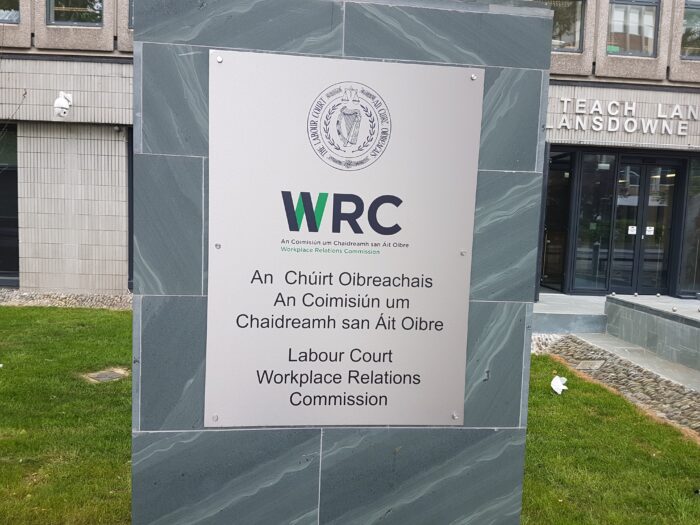
I was recently involved in an employment case which we brought to the Workplace Relations Commission on behalf of a client.
It was a claim for unfair dismissal, and it was clear that the case would be determined by one fact: did the employer terminate the employment or did the employee resign?
It was equally clear that if the WRC Adjudicator find the employer terminated the relationship, then it was an unfair dismissal. For there was no procedure used and no grounds, substantial or otherwise, advanced for the termination.
On the other hand, if the employee resigned from the job then it was not an unfair dismissal as she failed to use any of the procedures open to her in the workplace to raise the issue which caused the resignation.
Then the usual thing occurred, something which I have seen time and time again in this type of case: both employer and employee dragged all sorts of extraneous, irrelevant things into the dispute.
Things that happened in the course of the employment, but which were of no relevance whatsoever regarding the only claim the WRC was asked to determine: was this an unfair dismissal or not.
It never ceases to amaze me how intelligent persons can get bogged down in totally irrelevant, moot issues in these cases. It is frustrating, too, for you do not want to be accused by your client of failing to tell her side of the story in the course of the hearing.
Even though you know full well that the issues you are being asked to raise are likely to annoy the adjudicator who will immediately realise time is being wasted in a busy day.
In my experience, most of these cases come down to one or two issues, one or two net facts to be determined.
Going off on tangents and wild goose chases with moot, extraneous issues does nobody any good and will not win the case. But it might be necessary to ensure your client is satisfied at the end of the day. And that is a huge part of the delivery of any service.